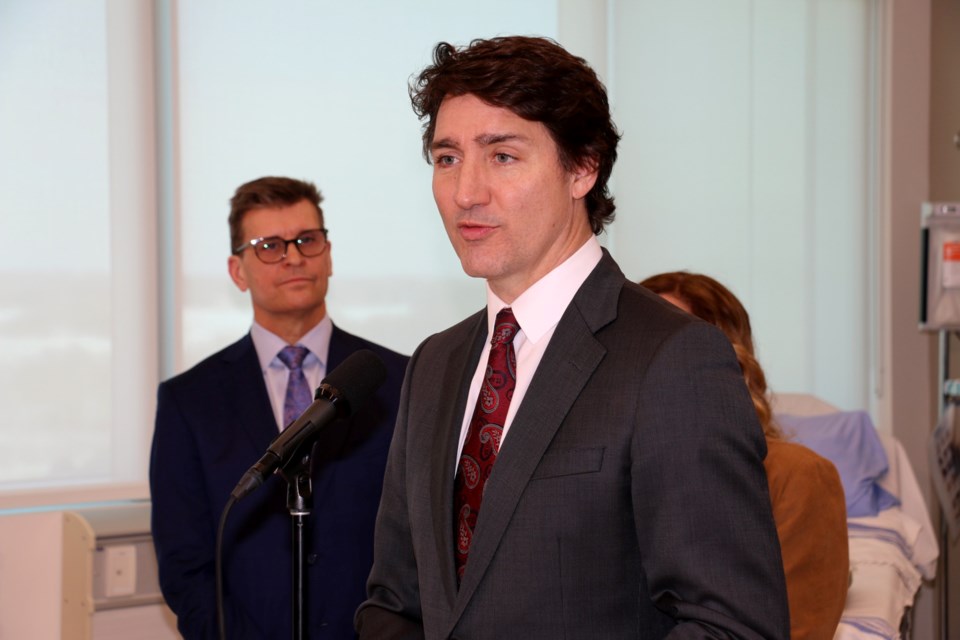The federal Liberals have the potential to gain votes from the Greens and NDP, and firm up their own support, if Justin Trudeau resigned and the party had a new leader going into the next election, an online poll showed this week.
Some 21 per cent of readers said they would be more open to voting Liberal under a new leader, set off against 5 per cent who said they would be less open.
An exercise of this kind has its limitations. To borrow a term from U.S. political polling, which can refer to a 'generic Democrat' or a 'generic Republican,' this assumes a 'generic Liberal'.
There is no such animal, of course: a new leader would be a specific politician with their baggage, history, strengths and weaknesses, for better or worse.
Will Justin Trudeau lead his party into the next election? He says he will, but some sympathetic to the party say he shouldn't. There is a shortlist of possible successors: Chrystia Freeland is often mentioned, as is Mark Carney or Dominic Leblanc.
Men are more likely to be open to voting Liberal under a new leader, but also more likely to say they wouldn't vote Liberal under any leader. Women are more likely to be steady partisan Liberals who would support the party under any leader.
This is one of the most important graphs. It's striking how closed voters under 30 are to the Liberals, and how strongly partisan Liberals ('I would vote Liberal under any leader') skew older. Whatever this says about the future of the federal Liberal party, it isn't good.
Hover your mouse over the two options to the right ('I would vote Liberal under any leader' and 'I would not vote Liberal no matter who the leader was').
The top and bottom of this graph hold no surprises — voters with strong views have strong views — but the middle is interesting: it shows that a new leader would have potential for gains among voters who are now indifferent or somewhat unfavourable to Trudeau:
This graph shows some openness among voters who are indifferent or hostile to Pierre Poilievre, and a smaller but interesting segment among voters who are somewhat favourable to Poilievre, ie. Conservative-leaning:
This shows some potential among people who now say they would vote Green or NDP:
(I'm puzzled by the people who say both that they would vote Green or NDP and also that they would vote Liberal under any leader; the polls were run more or less at the same time, in late April and early May.)
And among those who voted Green or NDP in 2015:
People with university degrees are both more open to voting Liberal under a new leader and also more likely to be partisan Liberals:
Next, to issues. Openness to voting Liberal under a new leader is strongest in those who:
- Support the federal government's use of the Emergencies Act
- Support cannabis legalization
- Say the West should support a full Ukrainian victory in the Ukraine-Russia conflict
- Support stricter gun control; or alternatively support the policy balances in the current gun control system
In other words, a new Liberal leader would find a segment of voters with centre-to-left political views who, while they would need to be won over, are potential supporters. There is no equivalent room to grow on the right.
And finally, a new Liberal leader would do better to seek support among cat people than among dog people:
